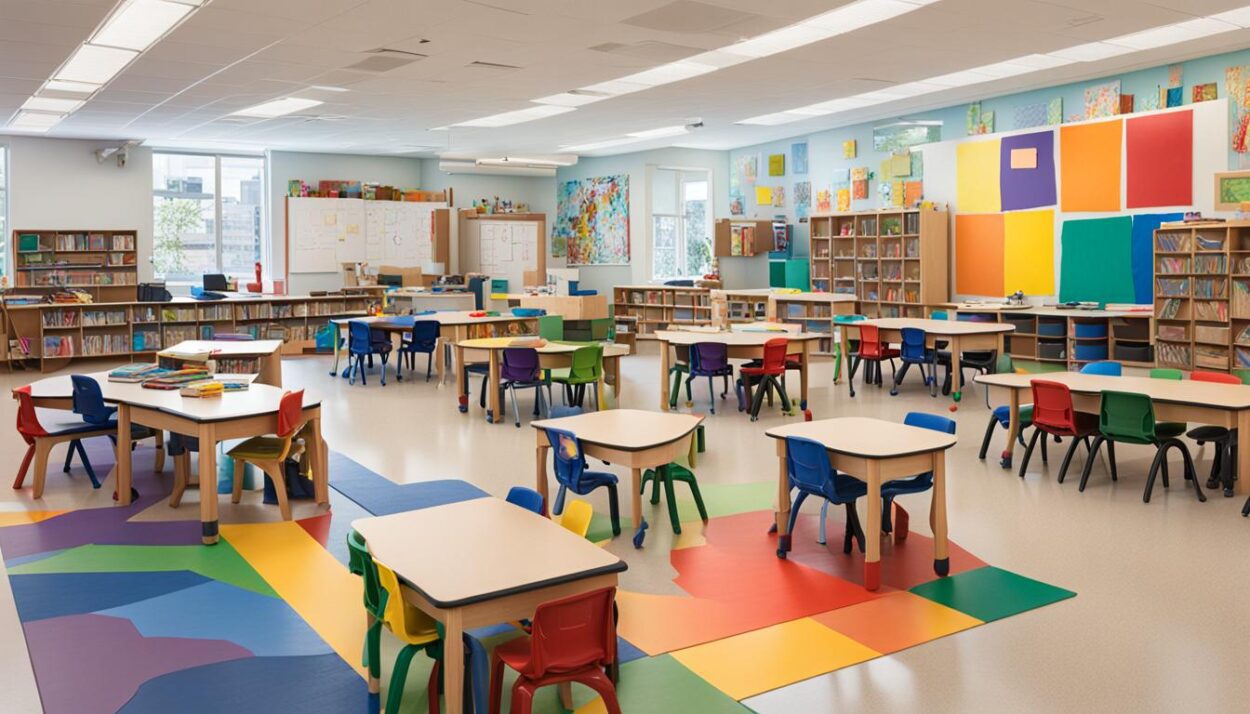Summary: AI's impact on future education necessitates a shift from standardized learning to personalized approaches that foster creativity, critical thinking, and ethical understanding, preparing students for an AI-driven world.
What shaped the educational systems we know today? To understand this, we must journey back to the age of the British Empire. Imagine a world without computers, telephones, or instant communication—where knowledge was painstakingly inscribed on parchment and carefully transported across oceans by ship. Victorians built an extraordinary network, a global bureaucratic machine that relied on the most vital resource of all: people.
To keep this machine operational, they required a specific kind of workforce, one that could seamlessly integrate into this sprawling system. Thus, the Victorian vision of education emerged, a factory of minds designed to create uniformity. The school became the crucible where young minds were molded to meet the needs of an empire, producing individuals who could read, write with impeccable penmanship, and perform basic arithmetic operations. These students were not just educated; they were engineered—crafted to be interchangeable parts in a vast administrative apparatus.
Fast forward to the present day, and we find ourselves grappling with the remnants of this educational legacy. The world around us has transformed; the empire that once dominated is now a shadow of its former self. Yet, the educational structures designed to serve that empire continue to operate, churning out graduates who often mirror one another in skills and knowledge. The question looms: is this system still relevant in an era defined by rapid technological advancement, particularly in the realm of artificial intelligence?
As AI continues to permeate every aspect of our lives, from healthcare to finance to entertainment, we must reconsider the purpose of education. The skills once deemed essential for survival in a bureaucratic society—good handwriting, rote mathematics, and basic comprehension—are increasingly being automated. AI can now perform these tasks with unparalleled efficiency. Therefore, the question shifts from "What do we need to learn?" to "How do we prepare future generations for a world where AI is ubiquitous?"
In this new paradigm, the emphasis must move from standardization to personalization. The future of education should focus on fostering creativity, critical thinking, and emotional intelligence—skills that machines cannot replicate. Imagine classrooms where students engage in collaborative projects, using AI tools to enhance their learning experiences rather than replace them. AI can assist educators in identifying each student's strengths and weaknesses, allowing for tailored learning paths that adapt to individual needs.
Moreover, as we integrate AI into educational systems, we must also instill a sense of ethical responsibility in students. Understanding the implications of AI, its potential biases, and its role in society will be crucial for the leaders of tomorrow. By encouraging students to question, innovate, and challenge the status quo, we can cultivate a generation that is not just prepared for the future but is also capable of shaping it.
As we reflect on the historical foundations of our educational systems, we must acknowledge their limitations in a rapidly evolving world. The legacy of the Victorian educational model was to produce identical cogs for a bureaucratic machine, but the future calls for a different approach. With AI as a catalyst for change, we have the opportunity to redefine what it means to learn. By embracing diversity in thought and experience, we can prepare our students for a future that celebrates innovation, creativity, and compassion—ensuring that they are not just participants in a machine, but architects of a new world.
Reference


Leave a Comment